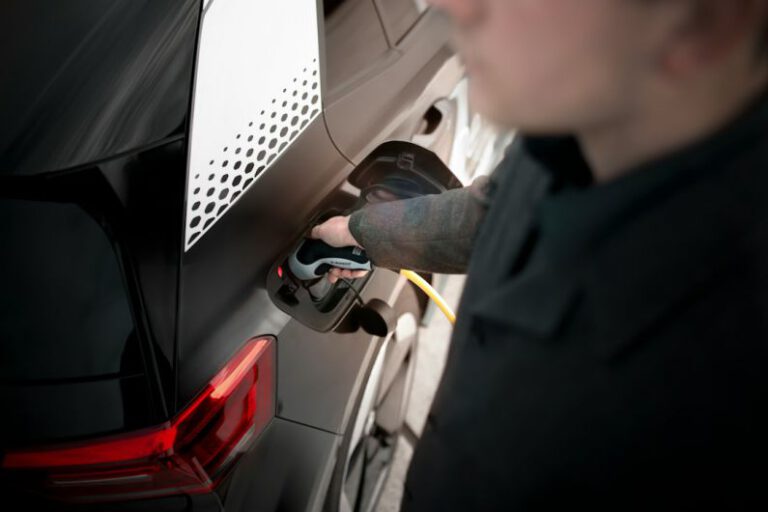How to Maintain Your Car for Longevity?
We all want our cars to last as long as possible. After all, buying a car is a significant investment, and it’s only natural to want to get the most out of it. However, many car owners neglect regular maintenance, which can lead to costly repairs and a shorter lifespan for their vehicles. In this article, we will discuss some essential tips on how to maintain your car for longevity.
Regular Oil Changes
One of the most critical maintenance tasks you can do for your car is to change the oil regularly. Oil lubricates the engine, preventing friction and wear. Over time, oil breaks down and becomes less effective, which can lead to engine problems. To ensure optimal performance and longevity, it is recommended to change the oil every 3,000 to 5,000 miles, or as recommended by the manufacturer.
Keep an Eye on Fluid Levels
In addition to oil, your car relies on various fluids to operate correctly. These include coolant, transmission fluid, brake fluid, and power steering fluid. Checking and maintaining these fluid levels regularly is essential for the proper functioning of your vehicle. Low or dirty fluids can cause significant damage to the engine or other components. Refer to your car’s owner manual for instructions on how to check and top up each fluid.
Maintain the Cooling System
The cooling system is responsible for keeping the engine at the optimal temperature. Over time, coolant can become contaminated and lose its effectiveness. It is crucial to flush and replace the coolant according to the manufacturer’s recommendations. Neglecting the cooling system can lead to engine overheating and costly repairs.
Replace Worn Out Belts and Hoses
Belts and hoses play a vital role in the functioning of your car’s engine and other systems. Over time, they can become worn out, cracked, or frayed. It is essential to inspect them regularly and replace them as needed. Failing to do so can result in engine failure, loss of power steering, or even a broken timing belt, which can cause severe engine damage.
Keep the Tires in Good Condition
The condition of your tires directly impacts your car’s performance, safety, and longevity. It is important to check the tire pressure regularly and maintain it at the recommended levels. Underinflated or overinflated tires can lead to reduced fuel efficiency and uneven tire wear. Additionally, make sure to rotate and balance your tires regularly to ensure even wear and prolong their lifespan.
Follow the Recommended Maintenance Schedule
Every car comes with a recommended maintenance schedule provided by the manufacturer. This schedule outlines the specific maintenance tasks that should be performed at different mileage intervals. It is crucial to follow this schedule to keep your car running smoothly and prevent potential problems. Regular maintenance can save you money in the long run by catching issues early before they become major repairs.
Keep it Clean
Regularly washing and waxing your car not only keeps it looking good but also protects the paint and prevents rust. Road salt, dirt, and other debris can cause corrosion and damage to the exterior of your car. Additionally, cleaning the interior regularly helps maintain its condition and value. Be sure to use proper cleaning products and techniques to avoid damaging the surfaces.
Conclusion: Longevity Starts with Maintenance
Taking care of your car is essential for its longevity. By following these tips and performing regular maintenance tasks, you can keep your car running smoothly and avoid costly repairs. Remember to check fluid levels, change the oil regularly, maintain the cooling system, replace worn-out belts and hoses, keep the tires in good condition, and follow the recommended maintenance schedule. With proper care, your car can provide you with reliable transportation for many years to come.






